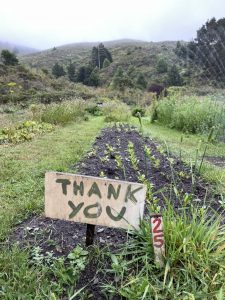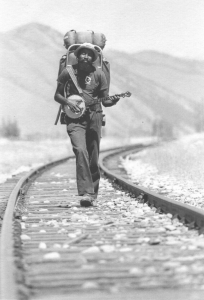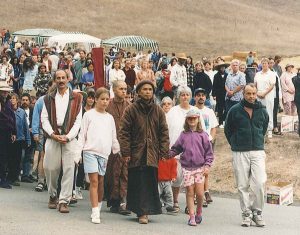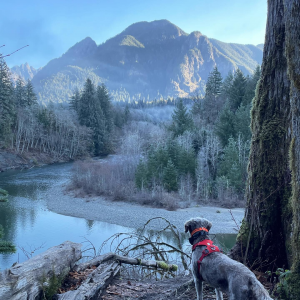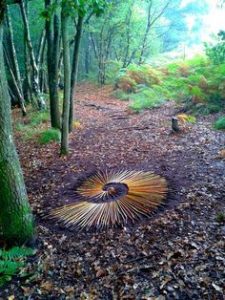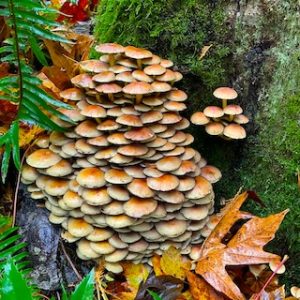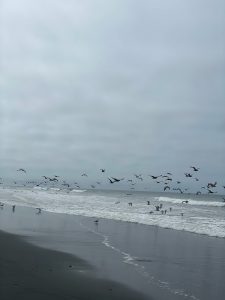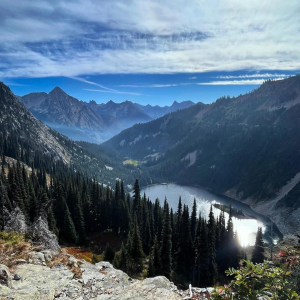 The Columbia City Yoga on-line Moving into Meditation class met this morning. We reflected on our inter-dependence and how the choices we make locally affect others globally. We attuned to our compassionate and wise “grandmother’s heart.” May this wisdom enable us to live our lives with conscientiousness and care.
The Columbia City Yoga on-line Moving into Meditation class met this morning. We reflected on our inter-dependence and how the choices we make locally affect others globally. We attuned to our compassionate and wise “grandmother’s heart.” May this wisdom enable us to live our lives with conscientiousness and care.
We heard the story of the Quechua people as told in the New York Times article, Where Rivers Run Red. Their story is one of adaptation, collaboration and mutual support. It is also story of an indigenous people living as they close to the land as they have for centuries. Their land and life ways are at risk as glaciers continue to melt and their water is poisoned. They have little influence over the global choices that are melting the glacial source of living water. This insight might inspire us to consider how we consume water and other resources. Perhaps we can live more simply so others may simply live.
 We read from the Roshi Joan Halifax essay, Grandmother’s Heart. She observes that “life is in need of balance and life is in the balance.” Roshi urges us “to find that immoveable center, that plumb line that aims toward gravity, the wise elder within us. Let’s find that strong back that supports our soft front, and let’s find or call out our grandmother’s heart.”
We read from the Roshi Joan Halifax essay, Grandmother’s Heart. She observes that “life is in need of balance and life is in the balance.” Roshi urges us “to find that immoveable center, that plumb line that aims toward gravity, the wise elder within us. Let’s find that strong back that supports our soft front, and let’s find or call out our grandmother’s heart.”
Continue reading →
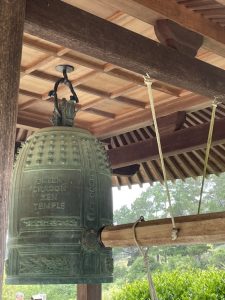 The Columbia City Yoga on-line Moving into Meditation class met this morning. We contemplated our human need for help. We give and receive help during the course of our lives. With mindfulness we can call on our heart’s wisdom to hear and answer calls for help with compassion and wisdom.
The Columbia City Yoga on-line Moving into Meditation class met this morning. We contemplated our human need for help. We give and receive help during the course of our lives. With mindfulness we can call on our heart’s wisdom to hear and answer calls for help with compassion and wisdom.
